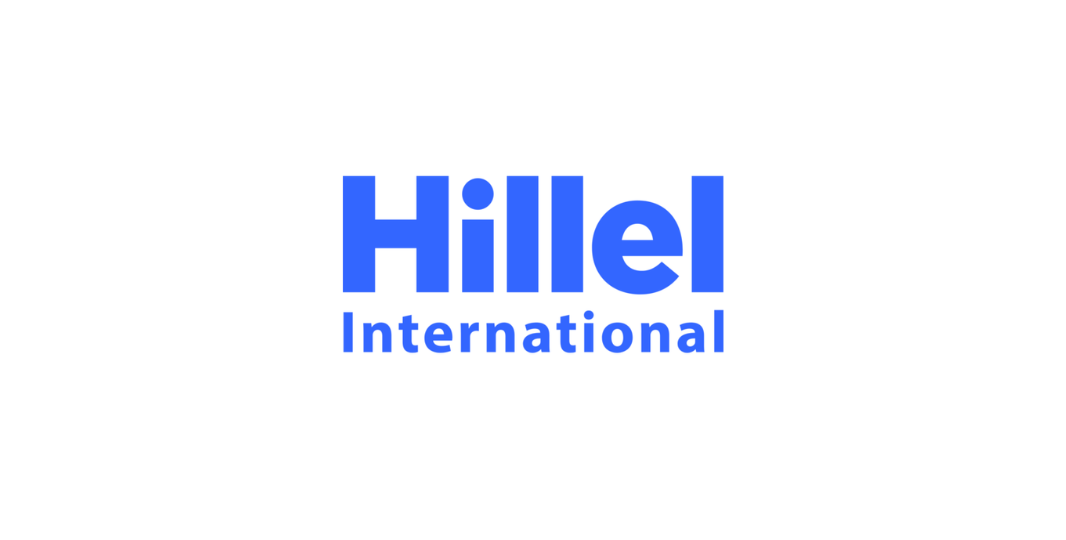Polarization across lines of religion, politics, and culture has become one of the defining challenges of contemporary American society. Social media, national news outlets, and public discourse increasingly reveal sharp divides that too often escalate into hostility. Individuals tend to reinforce polarization by surrounding themselves with voices that mirror their own perspectives. Against this backdrop, the urgent question becomes: how can higher education institutions cultivate spaces where respect, rather than animosity, shapes engagement across difference?
Colleges and universities provide a unique answer to this challenge. As some of the most diverse social environments in the United States, campuses bring together students, faculty, and staff representing a wide array of ages, racial and ethnic backgrounds, nationalities, political commitments, and religious traditions. These settings present a critical opportunity for students to practice the skills of listening, collaboration, and understanding across lines of difference.
The need for such efforts has only grown in recent years. Since the escalation of conflict in the Middle East in October 2023, incidents of hostility toward Jewish and Muslim students have increased across U.S. campuses. These tensions highlight the intersection of global conflicts with local campus dynamics and underscore the importance of cultivating resilience, empathy, and understanding among students.
Compounding the challenge is a broader decline in religious literacy. A 2019 Pew Research Center study found that young adults in the U.S. exhibit lower-than-average knowledge of religious traditions, a gap strongly correlated with negative perceptions of individuals from different faith backgrounds. Strengthening religious literacy, therefore, is not merely a matter of academic enrichment; it is a necessary step toward reducing bias and building social cohesion.
One such initiative supported by AVDF is led by Hillel International, the world’s largest pluralistic Jewish campus organization. In 2022, AVDF awarded Hillel a two-year grant to expand interfaith student engagement across American colleges and universities. The grant—the second awarded to Hillel—funded competitive microgrants for local chapters to develop interfaith programming and supported staff training to strengthen implementation. The structure was designed to encourage bottom-up innovation, empowering individual campuses to craft interfaith experiences tailored to their student populations.
The outcomes of the initiative have been substantial. During the grant period, Hillel awarded 61 microgrants to 52 distinct campus chapters, of which 35 were new to the program. These grants supported more than 220 events that engaged over 9,000 students across a wide variety of campuses. Each participating chapter developed programming that paired Jewish students with peers from other religious traditions, often through social gatherings such as interfaith meals tied to major holidays. These encounters created the conditions for students to move beyond surface-level interaction toward more enduring relationships of trust and mutual respect.
In addition to student-focused programming, the initiative included professional development for staff. Hillel partnered with national organizations including Interfaith America and the One America Movement to provide training on effective interfaith engagement. Importantly, the second year of the grant extended these sessions to all Hillel chapters, regardless of whether they had received microgrants, thereby broadening the reach and impact of the training. Complementing these sessions was the launch of a “community of practice” network for campus professionals. This platform allowed staff to share best practices, troubleshoot challenges, and build solidarity in their efforts—an especially valuable resource during a time of heightened campus tensions following the Israel-Hamas war.
“Hillel International’s interfaith engagement work has become a model for what is possible when students are given opportunities to learn with and from one another across religious difference. Higher education plays a vital role in preparing future leaders by cultivating respect and understanding on campus to strengthen the broader fabric of American society,” said AVDF President Michael Murray.
The results of the Hillel initiative speak to the objectives of AVDF’s Interfaith Leadership and Religious Literacy portfolio. By leveraging Hillel’s expansive network, the program not only reached thousands of students but also strengthened institutional relationships between Jewish organizations and other faith-based groups on campus. This networked model ensured that successes achieved at the local level reverberated across the national organization, creating a multiplier effect for interfaith understanding.
Encouraged by Hillel’s impact thus far, AVDF awarded the organization a third grant of $400,000 in 2024 to sustain and expand their interfaith student engagement efforts. This new phase will provide at least 70 microgrants to campus chapters, supporting an anticipated 4,500 students per year in meaningful interfaith experiences. The expansion also includes the launch of a student leadership development program. Under this initiative, multifaith cohorts of students from participating campuses will attend the Interfaith America Leadership Summit, with supplementary communications training provided by Hillel staff.
The new grant also deepens investment in staff training, equipping campus professionals with the tools to guide students in navigating religious difference. These professional development opportunities will remain open to all Hillel staff, not only those involved in microgrant programming, thereby strengthening the organization’s capacity.
In a time of heightened tensions between Jewish and Muslim students, initiatives of this nature carry profound significance. They not only help students cultivate empathy and resilience but also reinforce the capacity of colleges and universities to serve as laboratories for democracy, where the skills of dialogue and cooperation across difference are practiced.
Projects like Hillel International’s interfaith engagement initiative demonstrate how campuses can help build a society where respect and understanding transcend division—an investment in both higher education and the broader public good.
Back to all Stories

